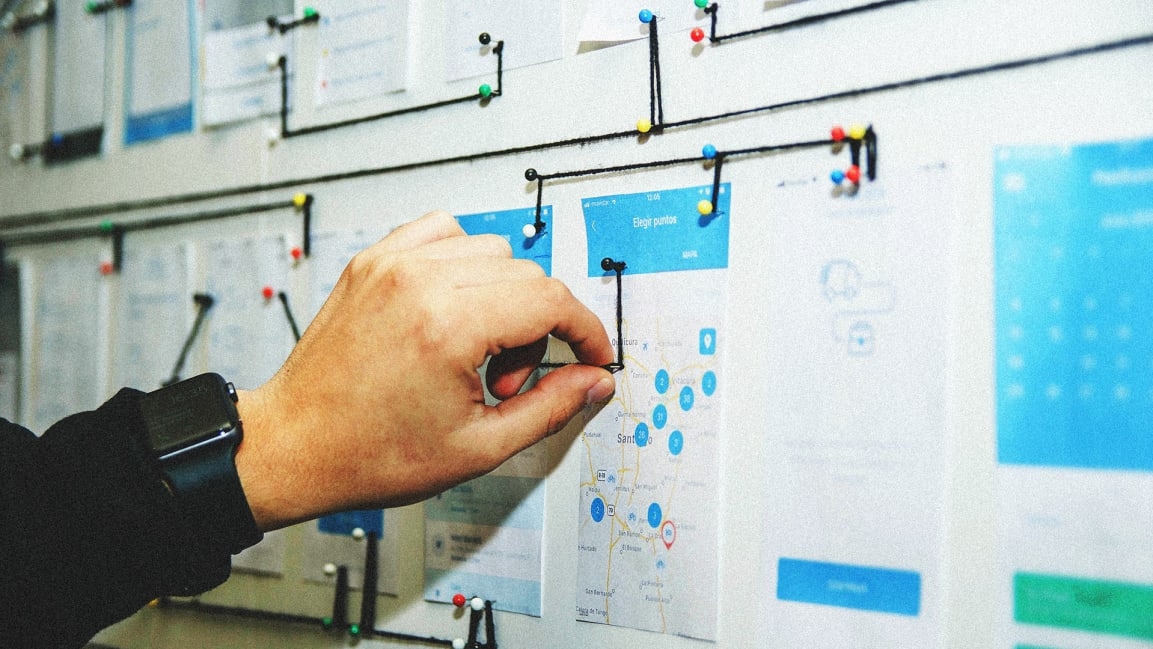A time management coach’s surprising advice for the overly organized
The goal is getting things done
Sometimes, in the quest for “the perfect organizational system,” individuals can take their eyes off the prize. I recognize people have missed the mark when they tell me that they’ve read every time management book they could find, tried all the tools available, and still feel hopelessly unproductive.
Instead of focusing on the perfect system, I recommend starting to establish simple habits that help you to get more done. For example, maybe begin by writing down your top three tasks for the day on a Post-it note and sticking it to your computer. Then focus on accomplishing those items first. I’d rather have you finish what’s most important than spend hours reorganizing task lists and questioning whether you’re even using the right task management tool.
Over time, you can up-level your systems, and they could become more sophisticated. But if you spend more time planning and organizing than doing, it’s time to shift your focus.
There is no one “right way” to be organized
From my observation, everyone needs some method of recording commitments and everyone needs some way to intentionally decide what they will do each day. But how individuals complete those tasks can vary widely—and that’s okay. Some people will have all commitments recorded in their calendar. Others will use a task management app. Others will keep a paper to-do list. And in terms of planning, there’s similarly a range of options from all digital to completely analog and variations in between.
The right organization system for you is the one that you’re willing to use consistently and that helps you act in a focused and productive manner.
Saying “no” is your most powerful organization tool
Saying “no” by either not accepting commitments in the first place or by eliminating commitments that are currently on your plate is your most powerful organizational tool. It’s the equivalent of decluttering your closet before you attempt to hang everything up. By reducing the overall number of items, you make it easier to organize.
When you “declutter” from a time management perspective, you’re not only giving yourself less to fit into each day but also more time to keep the whole system maintained.
Organization is a lifestyle
Similar to committing to being a healthy person, being an organized person requires a lifestyle change.
You can’t eat well and exercise for a few months, lose some weight, then go back to doing what you were doing before and expect to stay healthy. In the same way, you can’t think intentionally about your commitments, use your calendar, get some things done, and then just stop practicing those habits.
Organization is an ongoing commitment on a daily basis to do the activities that will make you feel less stressed and more productive.
Even if you’re organized, you’re not perfect
I’m a very organized person, and I’m known for having good follow-up and follow-through. But even very organized people can make mistakes! I had a situation recently where I had made a note in my calendar to follow up with one of my coaching clients about a piece of information on a certain day. (Whenever I make follow-up commitments, I write down the task.)
However, in this instance, I labeled the beginning of the task in the same way I label client birthdays with a “3-[Client Name].” On the day I was supposed to follow up, I was moving too quickly and assumed it was my client’s birthday instead of opening the task and realizing that I needed to send her follow-up information. So long story short, she got a birthday greeting about six months in advance! This was a good reminder to me to be careful about how I label my tasks and also to slow down and read them more carefully.
The path to an organized life may be closer than you realize. Instead of aiming for perfection or striving to copy someone else, commit to a lifestyle of discovering and using the strategies that help you to be your best, most organized self.
(8)



